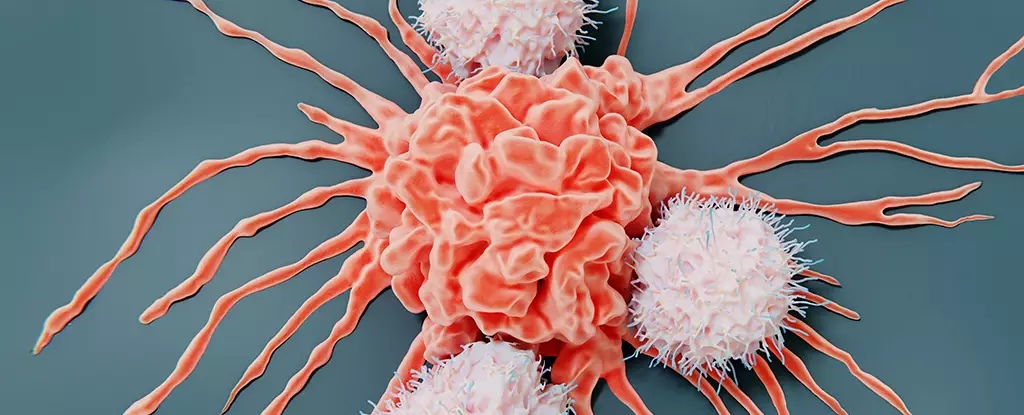When it comes to cancer treatment, researchers are constantly exploring new avenues to enhance the body’s ability to fight the disease. A recent study conducted on mice has shed light on the potential benefits of fasting in reprogramming the metabolism of natural killer cells (NK cells) to better tackle tumors. This groundbreaking research, led by experts from the Memorial Sloan Kettering Cancer Center in New York, has the potential to revolutionize cancer immunotherapy.
NK cells play a crucial role in the body’s immune response to cancer and other threats. Unlike antigen-seeking T cells, NK cells have the unique ability to destroy threats they haven’t encountered before. However, when it comes to cancer, NK cells face numerous challenges. Tumors create a hostile environment rich in lipids that can be detrimental to immune cells. This is where fasting comes into play.
The study involved mice injected with tumor cells and placed on a diet that included two 24-hour periods of water-only fasting each week. The results were promising, with the NK cells showing signs of metabolic reprogramming. The fasting triggered a rise in free fatty acids, which are used as an alternative energy source by NK cells. This shift in metabolism allowed the NK cells to better survive in the suppressive tumor environment.
As a result of fasting, NK cells in the mice were able to utilize free fatty acids more efficiently, leading to increased production of cytokines. These proteins play a crucial role in directing the immune system to combat threats such as cancer. Furthermore, fasting led to the redistribution of NK cells throughout the body, with many cells finding their way to the bone marrow. This exposure to interleukin-12 in the bone marrow further enhanced the NK cells’ ability to fight cancer.
While the findings of this study are promising, the researchers emphasize that fasting should not be undertaken without consulting a doctor. What works for one individual may not be suitable for another. Additionally, the study is in its early stages and needs to be validated in human trials. There are still many questions to be answered, such as whether all NK cells undergo the same retraining process over their lifespans.
The impact of fasting on cancer-fighting immune cells represents a novel approach to enhancing the body’s ability to combat tumors. By reprogramming the metabolism of NK cells, fasting shows promise in improving their survival and anti-cancer properties. This research opens up new possibilities for the development of innovative cancer treatments in the future.


Leave a Reply